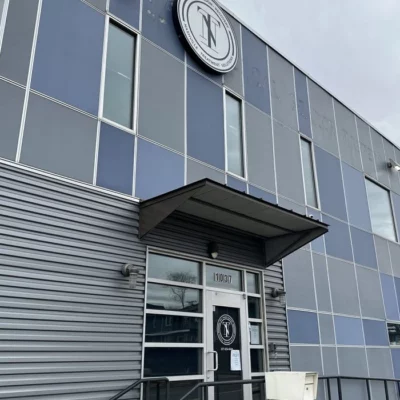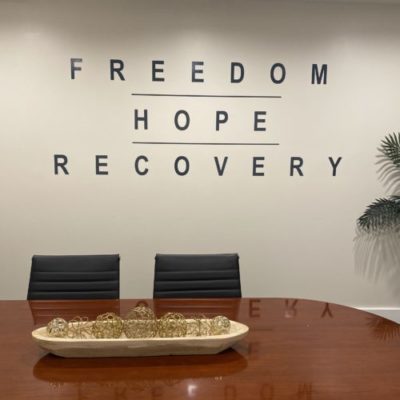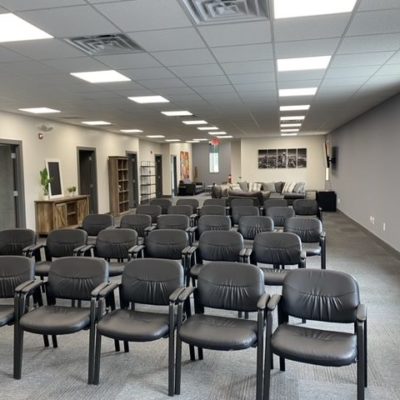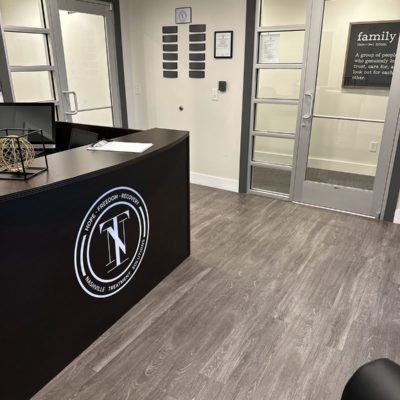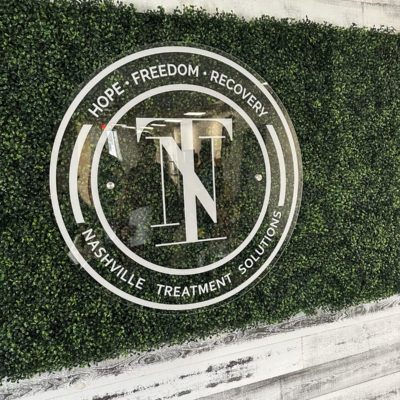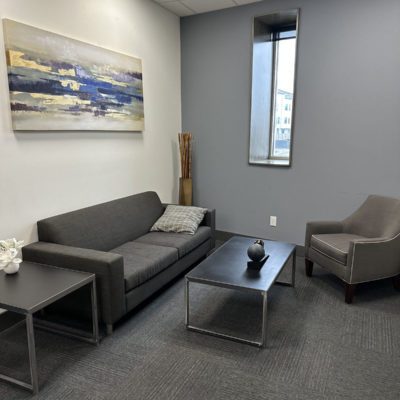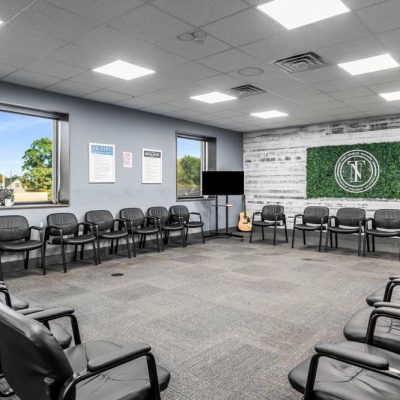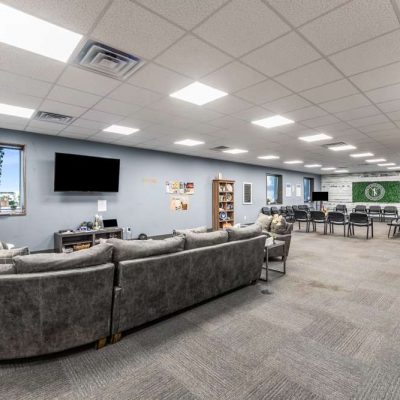Fentanyl Rehab in Nashville, TN

Medically Reviewed
Reviewed by Julie Bilbrey, PHD, LPC-MHSP
Last Updated on:
January 1, 2025
Call us Now!
Find Addiction Treatment Today! Overcome everything that is holding you back!
Fentanyl abuse has reached epic proportions in the United States and caused great physical and emotional damage to the lives of many. This drug takes hold of a person and robs them of their health and ability to thrive in life. As a result, more people find themselves looking for fentanyl rehab. Nashville Treatment Solutions provides a fentanyl rehab in Nashville that teaches people to stop using the drug and begin recovery. We provide access to a detox program and offer different levels of outpatient care designed to help people become healthy in body, mind, and spirit again.
You are not alone. You deserve to get help.
Nashville Treatment Solutions is an industry leader in addiction treatment. Our team of top medical experts specialize in dual diagnosis treatment and are committed to ensuring that each patient is treated as an individual. Call us today, we’re available 24/7.
The Rise of Fentanyl and the Need for Fentanyl Rehab Programs
Fentanyl use and abuse have steadily grown over the past several years in the United States. Fentanyl is an opioid drug, which means using it can easily turn into addiction. The drug fentanyl is up to 50 times stronger than heroin and 100 times stronger than morphine. Too often, someone using it as prescribed or occasionally as a recreational drug ends up in need of fentanyl rehab. Overdose deaths involving synthetic opioids (primarily fentanyl) have steadily increased and even skyrocketed in the past several years.
The Centers for Disease Control and Prevention (CDC) reports some startling statistics about how much fentanyl has impacted the country. The CDC reports that the rate of overdose deaths that involved synthetic opioids, not including methadone, increased more than 56% from 2019 to 2020. In fact, from 2013 to 2020, the number of those overdose deaths increased by more than 18 times.
Signs and Symptoms of Fentanyl Addiction
When someone has reached the point that they need to attend fentanyl rehab, they will have noticeable signs and symptoms. The most common ones include:
- Difficulty thinking and focusing
- Slurred speech
- Physically uncoordinated
- Lethargy
- Sleeping too much or too little
- Isolating
- Unable to take care of work and personal responsibilities
- Developing a tolerance and having to increase the dosage they take
- Withdrawal symptoms when not taking fentanyl
- Trying to quit using the drug but failing
- Lack of interest in personal hygiene
- Using someone else’s prescription, forging one, or buying fentanyl from illegal sources
- Nausea
- Passing out
- Depression
- Mood swings
Side Effects of Fentanyl Use
People begin using fentanyl to relieve pain or as a recreational drug and typically underestimate the damage that can happen if they develop an addiction. Fentanyl can take its toll on a person’s physical health, including causing slowed breathing, loss of consciousness, and brain damage. They also put themselves at risk of fentanyl overdose symptoms, which can prove deadly if they are alone or do not get medical help quickly.
During a 12-month period that ended in January 2022, approximately 107,000 people died from a drug overdose. About two-thirds of those deaths involved the use of synthetic opioids such as fentanyl. The U.S. Drug Enforcement Administration reports that fentanyl is involved in more deaths of adults under age 50 than any other cause, including medical crises, murder, suicide, and accidents. The quicker someone who abuses fentanyl enrolls in rehab, the more likely they are to recover and avoid serious medical issues or overdose.
What Happens in Fentanyl Rehab?
Fentanyl rehab involves different steps that help a person overcome their addiction. The first step is going to detox, which usually lasts five to ten days. Detox allows the body to rid itself of the toxins built up during fentanyl addiction while under the supervision of medical experts. Nashville Treatment Solutions partners with several Nashville detoxes in the area to allow people to get the best care available. After completing detox, they easily transition to our outpatient programs and continue their journey to recovery. Our outpatient plans include:
Outpatient Rehab (OP): The lowest level of care requires the person to attend individual therapy and one group session per week.
Intensive Outpatient Program (IOP): Our mid-level treatment program includes individual, group, and experiential therapy several times per week.
Partial Hospitalization Program (PHP): The highest level of care provides many of the benefits of residential care while still allowing the person to live at home or in a sober living home. Treatment sessions take place for several hours over multiple days of the week.
Begin Fentanyl Rehab in Nashville, TN
Have you developed an addiction to fentanyl and don’t know where to turn for professional help? Nashville Treatment Solutions employs a staff of highly trained experts who help people overcome substance use disorders. Our drug rehab in Nashville provides access to multiple types of therapies that teach people to resist triggers to relapse. We work with each person who comes to us for treatment and design a program that elevates their ability to become sober and stay that way. We also provide access to prescription medications that help ease withdrawal symptoms.
For more information about how we can help you get off fentanyl, visit our admissions page now. We provide a free consultation and can answer any questions you have.
How Fentanyl Addiction is Treated in Nashville, TN
Someone who attends fentanyl rehab in Nashville will take advantage of using several types of therapies that help treat addiction. When a person struggling with a substance use disorder goes to more than one type of therapy, they greatly increase their ability to stay sober. The types of therapy we offer include the following:
- Medication-Assisted Treatment
- Dialectical Behavioral Therapy (DBT)
- Cognitive Behavioral Therapy (CBT)
- Psychiatry
- EMDR Therapy
- Family Therapy
- Group Therapy
- Holistic Therapy
- Music Therapy
- Relapse Prevention Therapy
When we first meet someone who comes to us for treatment, we assess them to understand the severity and specifics of their addiction. This allows us to prescribe the right combination of therapies to elevate their ability to face their fentanyl addiction and overcome it.




